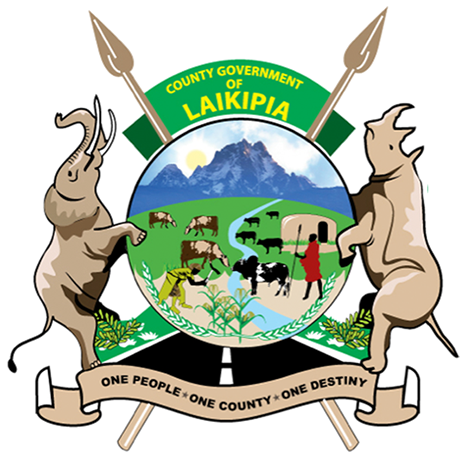Scores Benefit From Transformative Ndathimi Dam Project
Over 200 households in Karaba have benefited from the recently completed Ndathimi Dam water project, with over 212 small-scale farmers using water from the reservoir for farming and livestock use.
This is an example of what Laikipia will look like in the next say, five years after the construction of five mega-dams, 231 water pans, 130 boreholes, 15 privately developed dams, and an increase in bulk water supply by urban and rural water supply schemes in a span of utmost five years. It is a promise H.E. Governor Ndiritu Muriithi has promised to deliver.
The 16 million shillings Ndathimi Dam water project was started in 2019 and involved the desilting of the dam. The walls and spillways were made to ensure that all the runaway water flows into the dam. The water is then pumped into raised tanks for supply using solar-powered pumps.
Over 30 acres of horticultural crops are currently under irrigation in the area. In a demo farm that was set to train the farmers through the help of extension officers, the farmers made over Kshs. 100,000 from the sale of cabbage, beans, kales, spinach, and other horticultural crops planted on the two acres of land under drip irrigation.
The main objective of this project is to ensure farmers in this region get maximum productivity results from the dam, build resilience to small-scale farmers, and at the same time reduce the emission of greenhouse gases.
explained Muriuki Kiboi, the County Project Coordinator.
The farmer groups under this project are practicing beans, fish farming, and beekeeping. The project received a boost from KSCAP, who distributed the following to the farmers in the area: 4000 avocado seedlings, 2000 mango seedlings, and 3.8 tonnes of beans were planted on individual farms.
To maximize water conservation, farmers in the area are using drip irrigation technology to ensure that there is effective water use. This has enabled the small-scale farmers to produce sufficient food for consumption, with the surplus being sold to local markets. A group of farmers is championing environmental conservation through a tree nursery project.
To ensure sustainable generation of livelihoods, farmers have been trained and sensitized on different Climate Smart Agricultural Practices that they can use to realize more produce from the farms as well as effective use of water. Conservation of the environment has been key in implementing the project.
